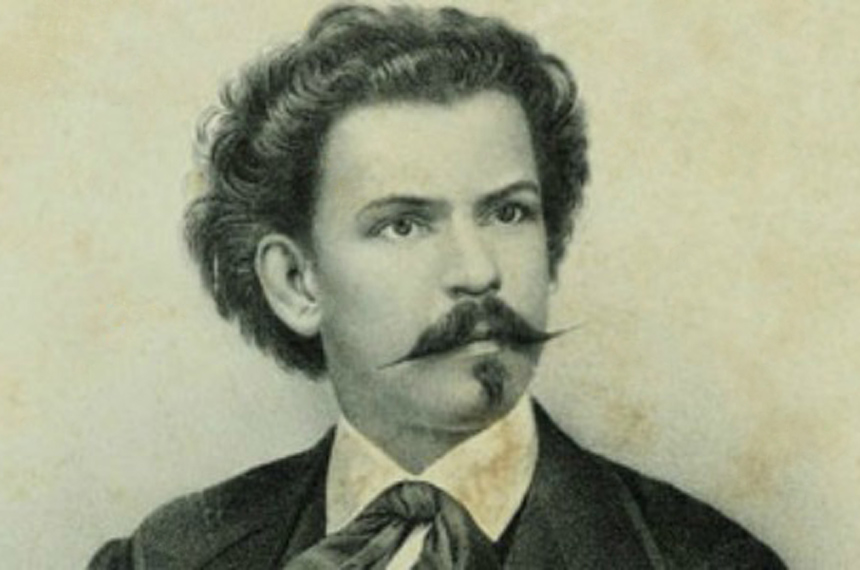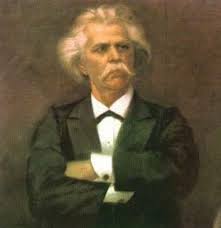Carlos Gomes, born Antônio Carlos Gomes, was a Brazilian composer whose melodies continue to resonate through the annals of classical music history. Born on July 11, 1836, in Campinas, São Paulo, Brazil, Gomes was the son of a military bandmaster and an amateur pianist. His early exposure to music within the familial setting sparked his passion for the art form, leading to his formal education at the Imperial Conservatory of Music in Rio de Janeiro.
Gomes’ talent was apparent from a young age, and he excelled in his studies, mastering the piano and composition. His early compositions already hinted at the unique blend of European classical traditions with Brazilian folk elements that would later characterize his work. In 1859, he traveled to Italy on a scholarship, a journey that would profoundly shape his musical identity.
In Italy, Gomes studied at the Milan Conservatory, immersing himself in the rich musical heritage of the country. He flourished under the tutelage of renowned composers such as Lauro Rossi and Alberto Mazzucato, absorbing the operatic traditions of the bel canto style. It was during his time in Italy that Gomes composed his most famous opera, “Il Guarany,” which premiered in 1870 at La Scala in Milan. The opera’s success catapulted Gomes to international fame, establishing him as one of the foremost composers of his time.
Inspired by the lush landscapes and vibrant culture of his homeland, Gomes continued to draw on Brazilian themes in his compositions, infusing his works with a distinctly nationalistic flavor. His operas, including “Fosca” and “Lo Schiavo,” explored themes of love, passion, and freedom against the backdrop of Brazil’s colonial history.
Despite his success in Europe, Gomes remained deeply connected to his Brazilian roots. He returned to Brazil periodically, where his works were enthusiastically received by audiences eager to celebrate their native son. In addition to his operas, Gomes composed symphonic and chamber music, further enriching Brazil’s musical heritage.
Throughout his career, Gomes faced numerous challenges, including financial difficulties and criticism from conservative elements within the Brazilian establishment. However, his unwavering dedication to his craft and his commitment to bringing Brazilian music to the world stage ensured his enduring legacy.
Carlos Gomes passed away on September 16, 1896, in Belém, Brazil, leaving behind a treasure trove of musical masterpieces that continue to captivate audiences to this day. His contributions to Brazilian classical music earned him the title of the “Brazilian Verdi,” and his legacy endures as a testament to the power of music to transcend cultural boundaries and unite nations.


Comments are closed